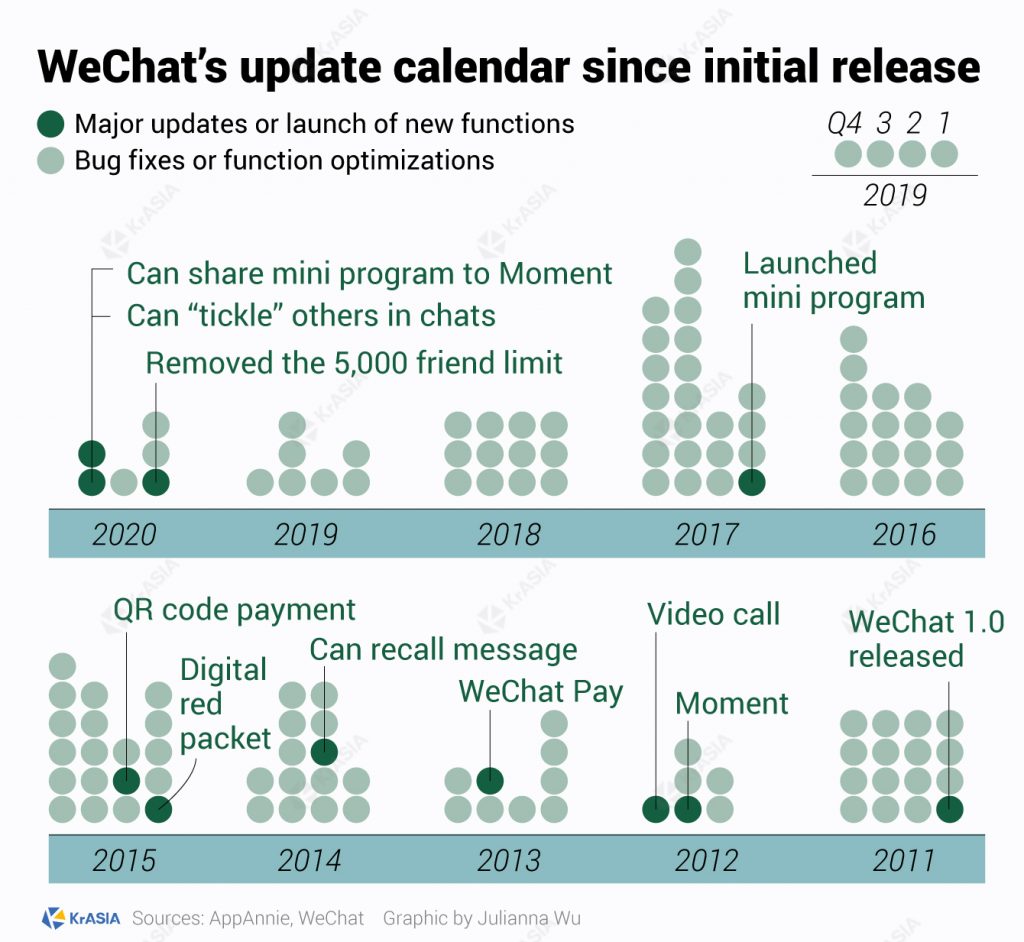
Red Packets or Red Envelopes are gifts which are given during the holiday season or on some special occasion in China.

Users can receive cash filled red packets from Douyin campaign and transfer that money into their accounts. It is a great way for brand marketing.Īlso read: TikTok in-app payment may come soon as ByteDance has applied for a new e-payment trademark in ChinaEven though AliPay and WeChat Pay are the most commonly used methods to transfer online payment in China and a lot of brands when rivaling have failed, Douyin future kind of looks positive, they have launched Cash filled Red Packets on their app.

The user, when taps on it is immediately linked to the source where they can buy that certain product. For example, if a creator makes a video wearing a certain shirt, the brand can pay Byte Dance to link that video to the website where the product is sold. Unlike TikTok from around the world, Douyin offers its users a feature where they can directly get linked to the source offering a certain product by clicking on the short video.
#BYTEDANCE CHINESE DOUYIN PAY WECHAT PAY LICENSE#
So how did Douyin acquired the license? Well before the license was stopped being given out, a license had already been issued to a company called Wuhan Hezhong Yibao Technology and last year TikTok China bought that company in September and hence acquired the license as well.Īccording to Douyin, this in app payment option is very reliable and will enhance user experience as well as supplement the existing major payment option. TikTok in China, Douyin introduced an in app online payment option called “Douyin Pay” which is present in the short video app alongside AliPay and WeChat Pay.Ĭompanies need a license to run online payments within their app, but in 2016 Beijing stopped issuing the license as it was a risk in the rapidly growing financial segment. The two most commonly used applications for online payments in China are AliPay by Alibaba and WeChat Pay by Tencent which cover over 90 percent of the electronic market alone. Tencent’s stock rose as much as 2.5%.TikTok in China, which is commonly known as Douyin introduced its own online payment method. Shares of Alibaba jumped as much as 6.3% in Hong Kong Tuesday, snapping five days of losses. Earlier this year, Alibaba sought to set up a Taobao Deals lite app on WeChat and had already invited merchants to participate, Bloomberg News reported.

The government has accused a handful of companies of unfairly suppressing competition in their respective spheres: Tencent in social media via WeChat, Alibaba in e-commerce with Taobao and Tmall and, more recently, ByteDance in video via TikTok-cousin Douyin.Ĭhina’s largest internet corporations have historically blocked links from within their services to rivals’ content. Read more: Why China Is Cracking Down on Its Technology Giants: QuickTakeĬhina’s top technology regulator has warned internet firms to stop blocking links to rival services as part of a broader campaign to curb their growing monopoly power over data and protect consumers. Earlier this month, Tencent allowed users of the WeChat social media app to link to rivals’ content for the first time in years, a major concession to regulatory pressure.
#BYTEDANCE CHINESE DOUYIN PAY WECHAT PAY FREE#
The move comes after Beijing stepped up calls to free up the country’s internet arena, which has traditionally been dominated by ecosystems built around the twin giants.

While WeChat Pay still isn’t available on the e-commerce leader’s flagship Taobao app, a representative for the business said it is “actively” working toward introducing multiple payment methods on its platform. Services including food-delivery app Ele.me, online ticketing platform Damai, e-book reader Shuqi and Kaola, a site for imported goods, now offer WeChat Pay alongside existing payment options like Ant Group Co.’s Alipay, according to checks by Bloomberg News on Tuesday.Īn Alibaba representative confirmed the news, adding the company will continue to find common ground with peers to better serve consumers. added rival Tencent Holdings Ltd.’s payment system to some of its apps, further widening cracks in the internet giants’ walled-off ecosystems.



 0 kommentar(er)
0 kommentar(er)
